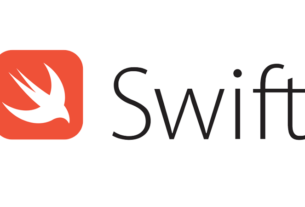Question or problem in the Swift programming language:
I have a Swift class that I’d like to look something like this:
class UpdateManager {
let timer: NSTimer
init() {
timer = NSTimer(timeInterval: 600, target: self, selector: "check", userInfo: nil, repeats: true)
}
func check() {
// Do some stuff
}
}
However, Swift doesn’t like the fact that I’m passing self to the NSTimer initializer. Am I breaking some pattern here? How is one supposed to accomplish initialization like this?
How to solve the problem:
Solution 1:
You’ve found the primary use case of the Implicitly Unwrapped Optional.
- You need to access
selffrominit, beforetimeris initialized. - Otherwise,
timershould never be nil, so you shouldn’t have to check it outside ofinit.
So, you should declare let timer: NSTimer!.
Solution 2:
It’s possible that Swift 2 has changed what works. I’m using code like the following:
@objc class Test : NSObject {
var timer : NSTimer!
init text() {
super.init()
timer = NSTimer(timeInterval: 1.0, target: self, selector: "timerFired:", userInfo: nil, repeats: true)
NSRunLoop.mainRunLoop().addTimer(timer, forMode: NSRunLoopCommonModes)
}
}
Needed both @objc declaration and NSObject subclass.
Also timer needs to be a var, not let.
Solution 3:
Aside from the implicitly unwrapped optional, I found that to get the code working I needed to subclass NSObject and to also add the timer to current run loop.
class UpdateManager:NSObject {
let timer: NSTimer!
override init() {
super.init()
timer = NSTimer(timeInterval: 600, target: self, selector: "check", userInfo: nil, repeats: true)
NSRunLoop.currentRunLoop().addTimer(timer, forMode: NSDefaultRunLoopMode)
}
func check() {
// Do some stuff
}
}
Updated code based on comments – thank you to jtbandes and Caroline
class UpdateManager {
let timer: NSTimer!
init() {
timer = NSTimer.scheduledTimerWithTimeInterval(600,
target: self,
selector: "check",
userInfo: nil,
repeats: true)
}
@objc func check() {
// Do some stuff
}
}


